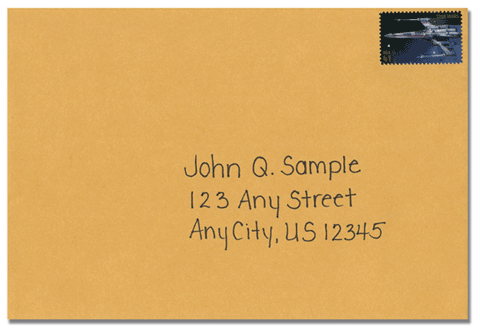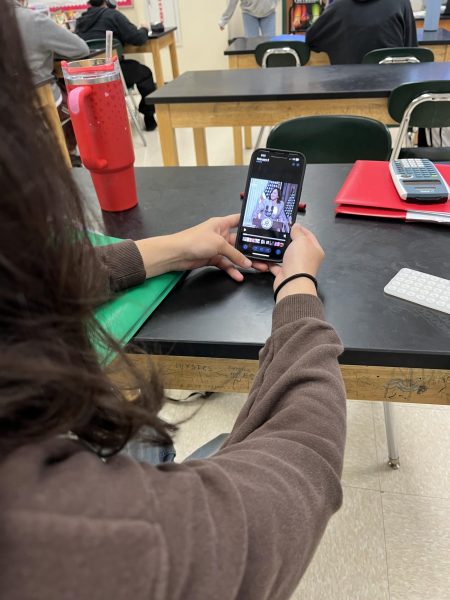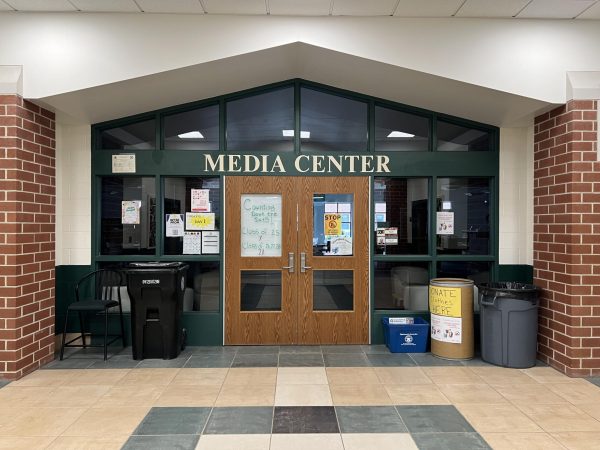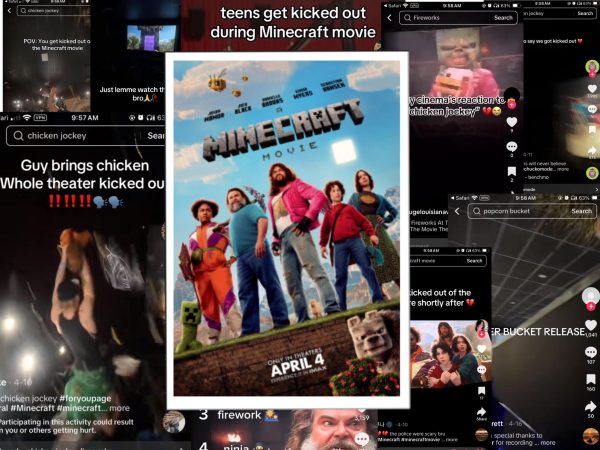Eliminate the Indians mascot

I was very happy to see that the current issue of the DHS Spectrum covers the “Indian Mascot Controversy.”
Before I came to work at Dartmouth Middle School I was a contract speech-language pathologist, changing districts and schools each fall. At each of these schools I made a point to purchase their version of a “spirit shirt;” not just to wear during spirit days but to add to a growing collection of mementos to the staff and students with whom I have worked.
I’m proud to be a member of the Dartmouth Public School community, and even prouder to work with the families, students and educators at the Middle School. Yet I can’t bring myself to buy, keep or wear Dartmouth Pride clothing that features the word “Indians” or depicts images of Native Americans.
It troubles me that this ugly and outdated practice is still considered controversial. I’m appalled that school districts and sports franchises around the U. S. continue to objectify native minority groups as mascots, without their consent and even against their objections. I’m ashamed whenever I watch a high school game between teams represented by America’s two most popular forms of mascots, “Indians” and “animals.” I shake my head whenever I see someone in the crowd wearing “war paint” or a feathered bonnet, the complicated cultural and religious artifacts of proud peoples with a history of persecution and displacement.
While it is troubling that professional sports teams motivated by profit and merchandising rights continue to use Native Americans as mascots, it is so much more troubling that this kind of objectification occurs in our schools. We’re supposed to be better than that. In fact, we tell our students all the time that we ARE better than that. We tell them that schools are rare places where critical thinking, responsibility, and kindness are our shared values. So the continued support of Native American mascots by adults in our schools only threatens to reveal us as hypocrites to the children that call us teachers and role models.
In our schools, when a student reports continued harassment, do we dismiss the complaint out-of-hand and tell him or her to “just ignore it”? Do we tell the injured party that their hurt isn’t real or important, that it’s just teasing or that they’re just too sensitive? No, we don’t. We encourage the popular and powerful to respect those who are not, and we encourage our students to make a sincere effort to see situations from the perspective of others. We teach and model kindness every day. Our lessons encourage students to think critically and always seek evidence. So why do we as adults hold our tongues when individuals who self-identify without evidence as fractional Native Americans presume to speak for whole nations or tribes? If our students parrot the opinions of others, do we nod our heads in agreement? No, we tie up our face in a dubious expression and point them to the library to do the research. Though there is no definitive way to know how many Native Americans lived within the borders of this country before 1492, consensus indicates that Native Americans died in the millions following colonization and displacement, that they were displaced from over 95% of their lands, and that they continue to have the highest poverty and unemployment rates in the U. S. Just because we are not personally responsible for this dark period of American history, is it really so hard to understand who so many Native Americans would prefer that our children refrain from dressing up as their ancestors?
Every day in our Dartmouth schools we tell our students to live by the Golden Rule. We hold them to high standards of conduct. We remind them with posters to respect themselves and others. We expose them to assemblies that challenge them to defy peer pressure and to do the right thing. Through Rachel’s Challenge, we ask them “to start and sustain a chain reaction of kindness and compassion that transforms schools and communities.” It’s about time that we stop asking our students to do as we say and not as we do. It’s about time we choose to do the right thing when it comes to this mascot controversy. We can always print more shirts.






